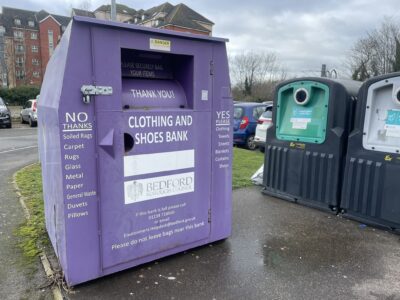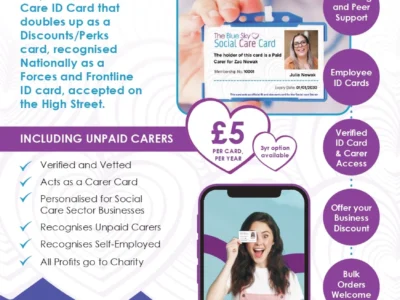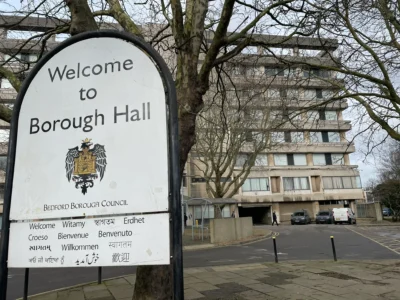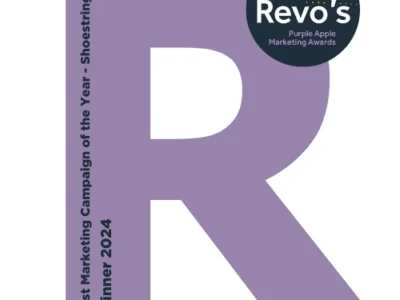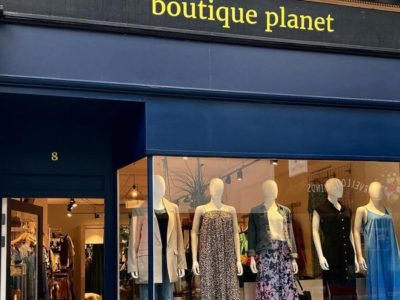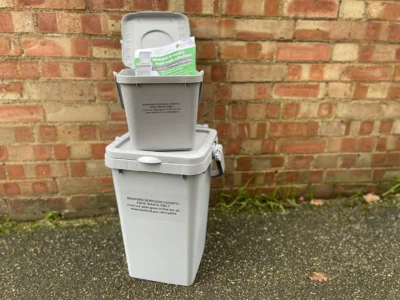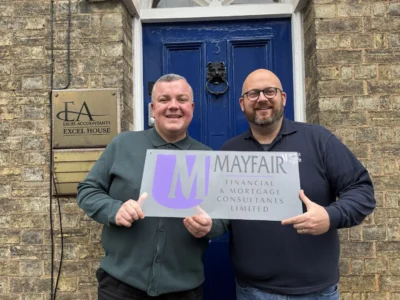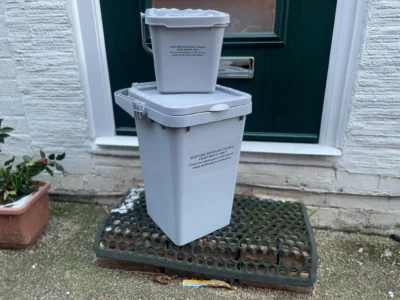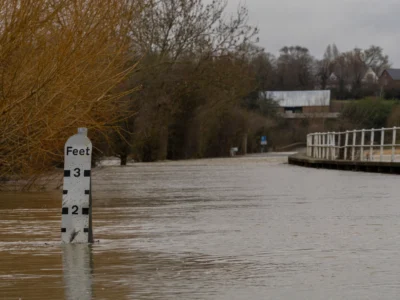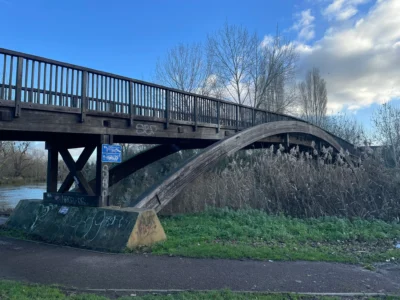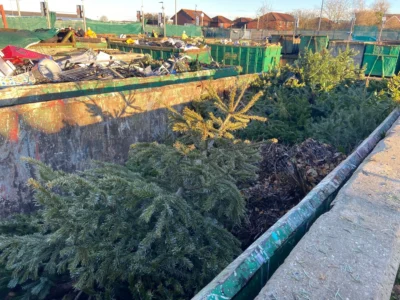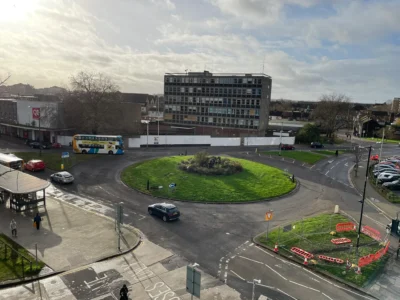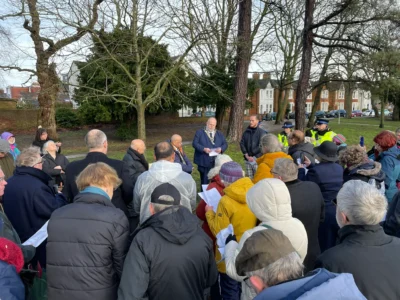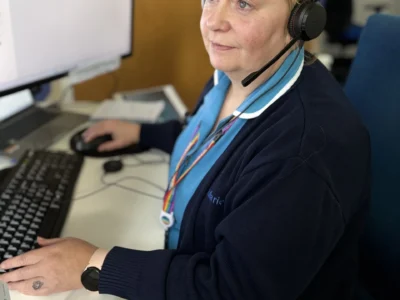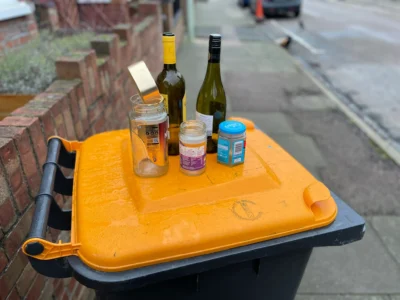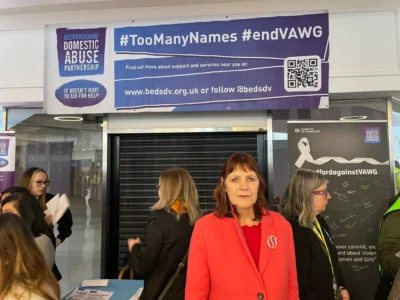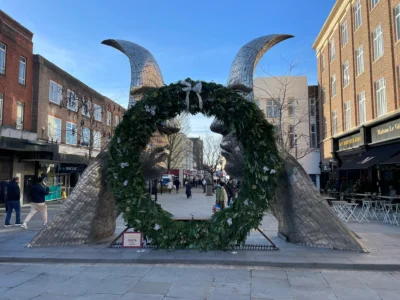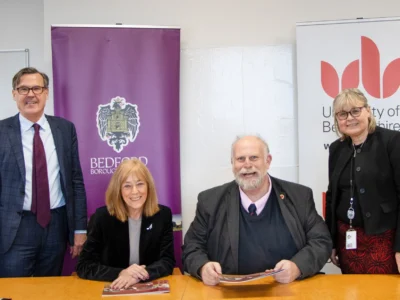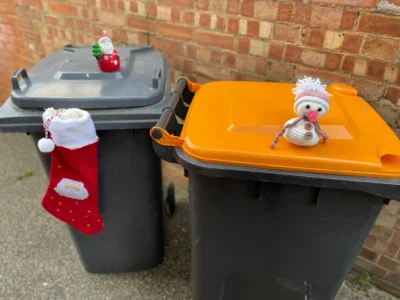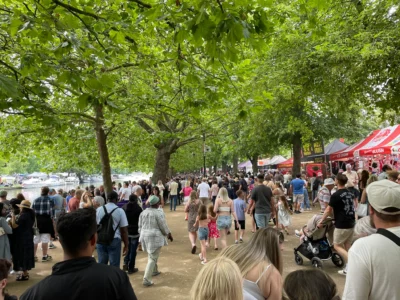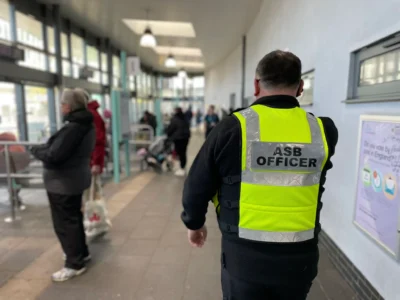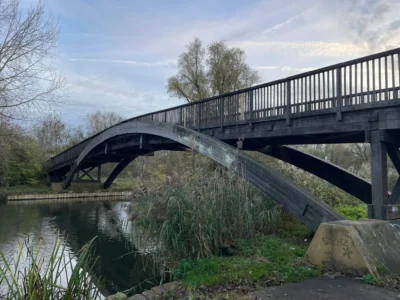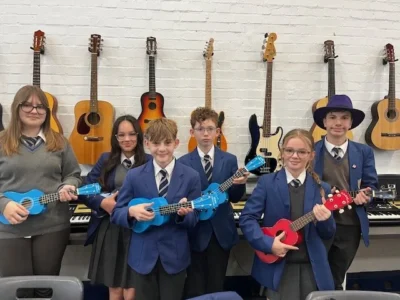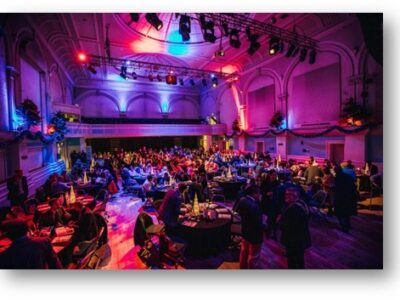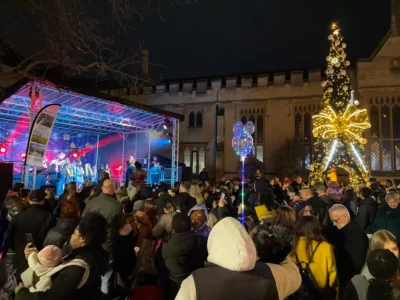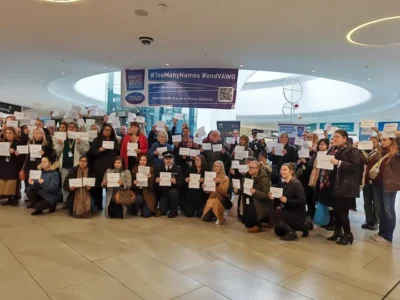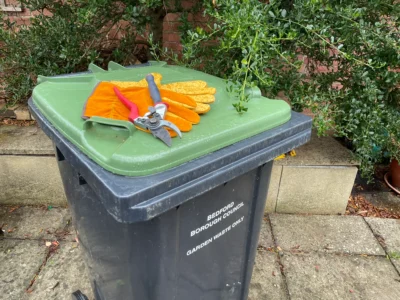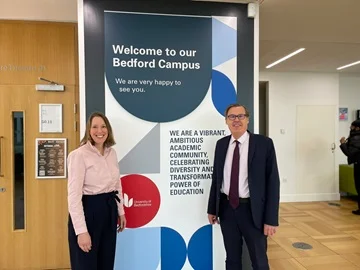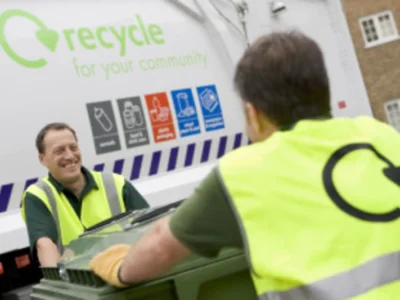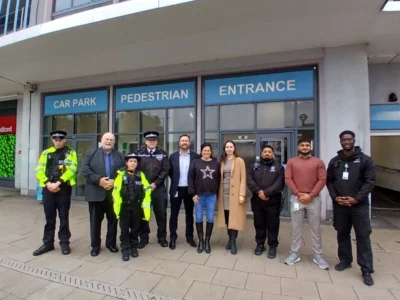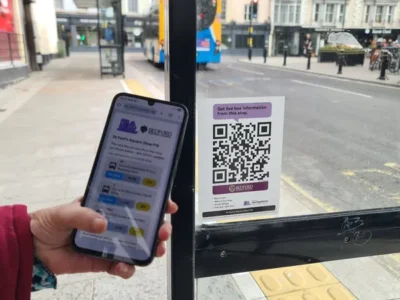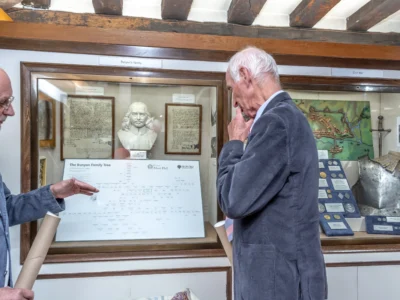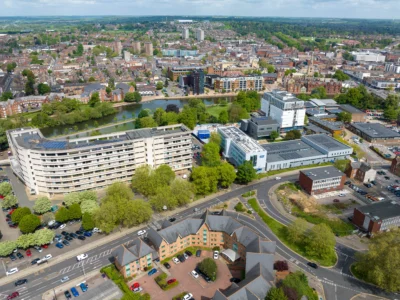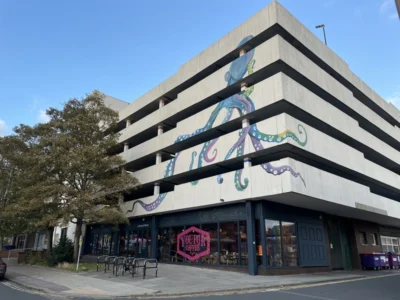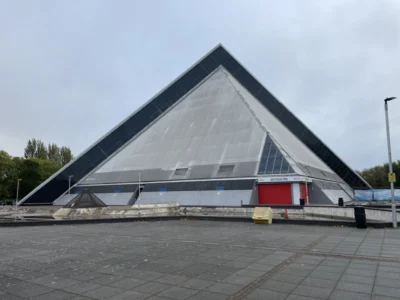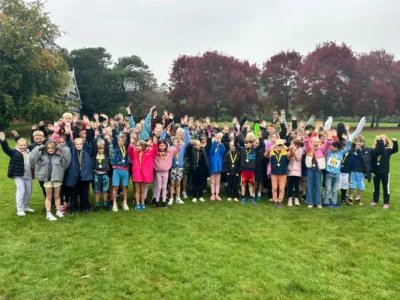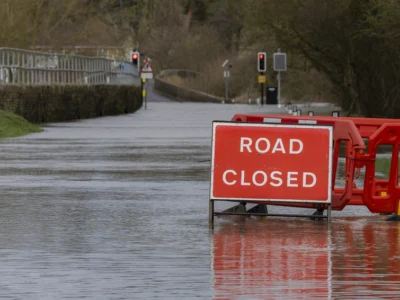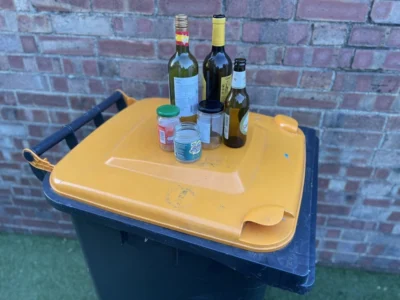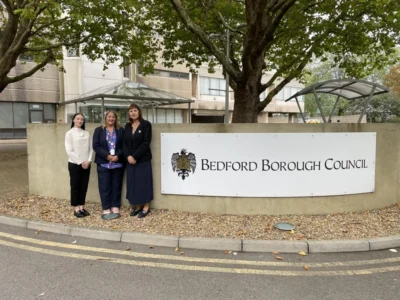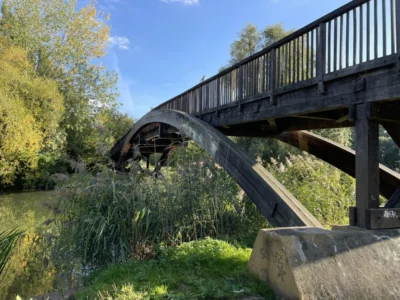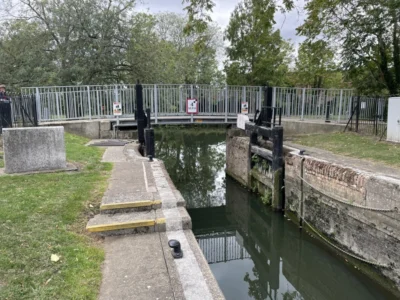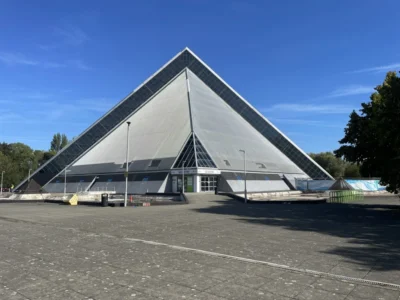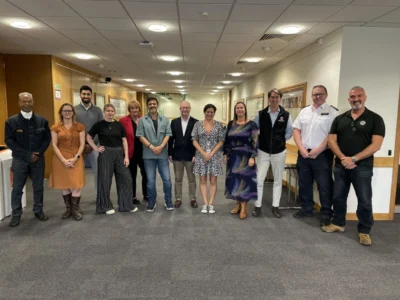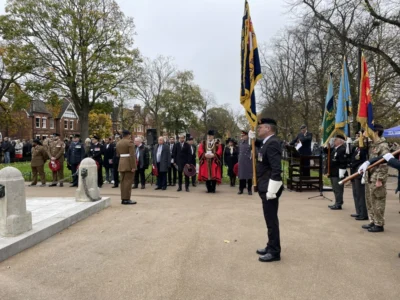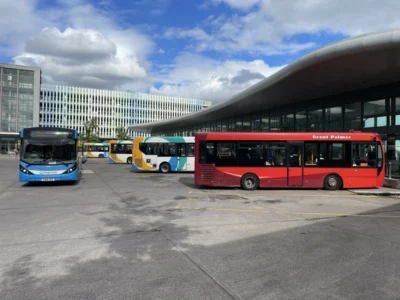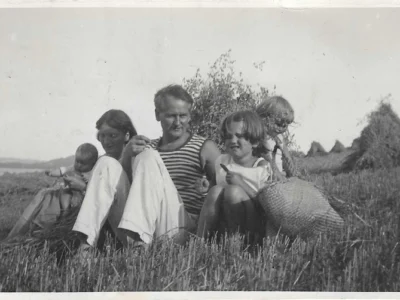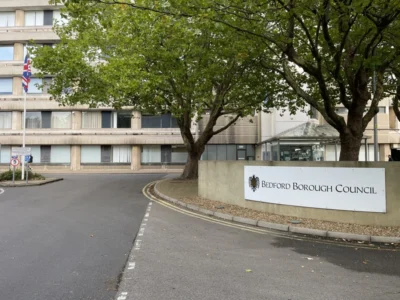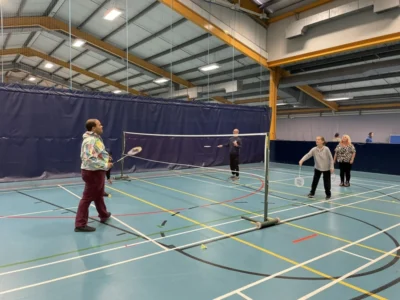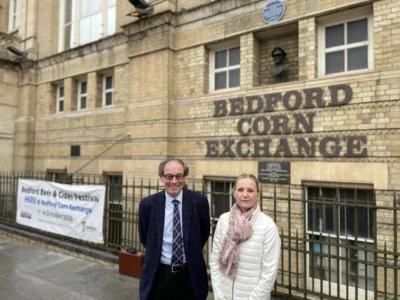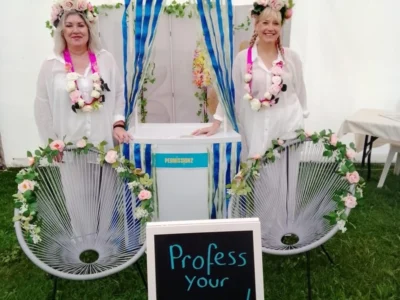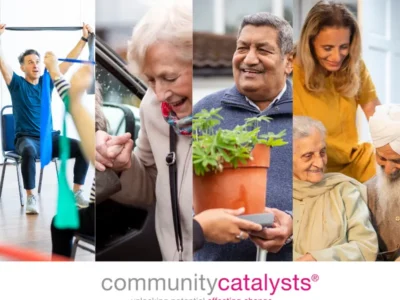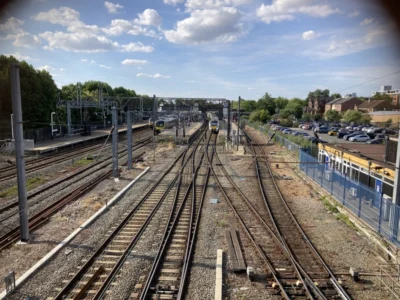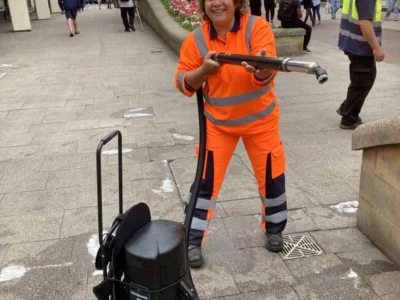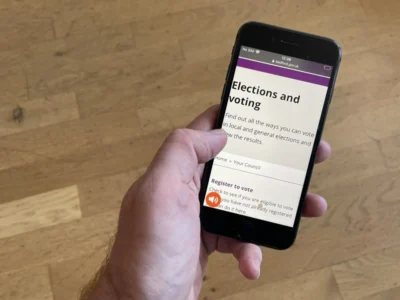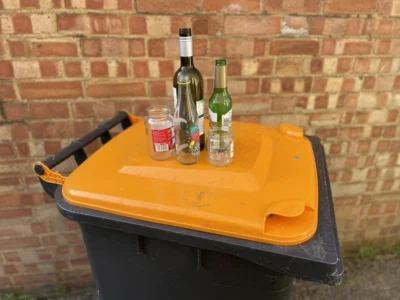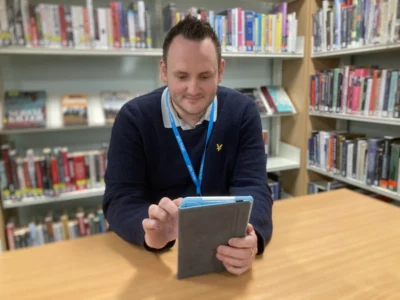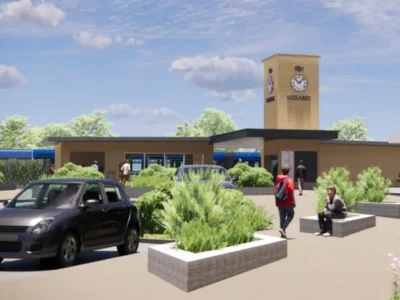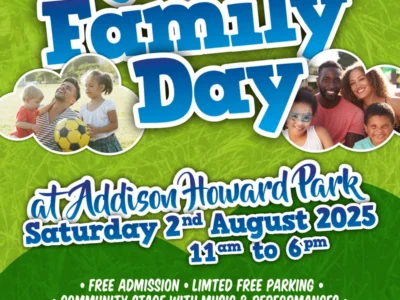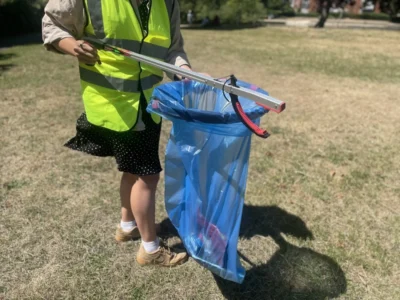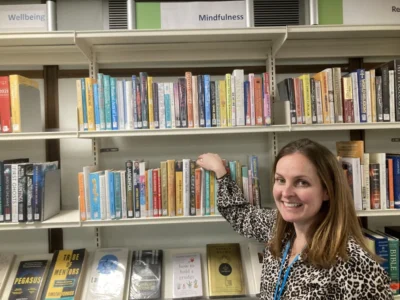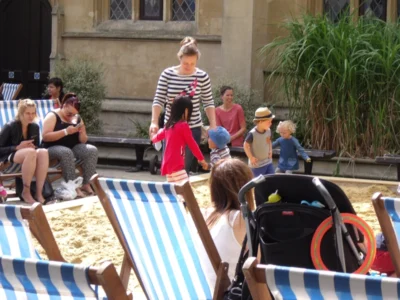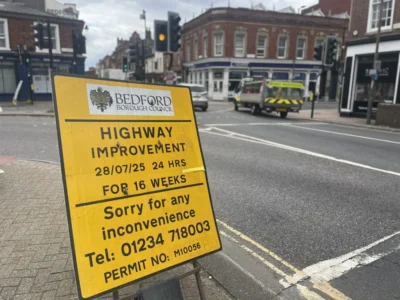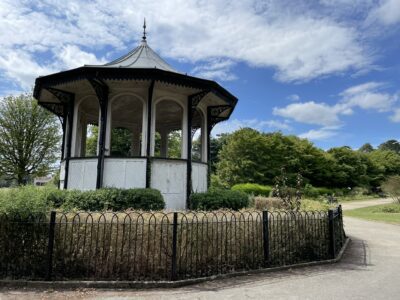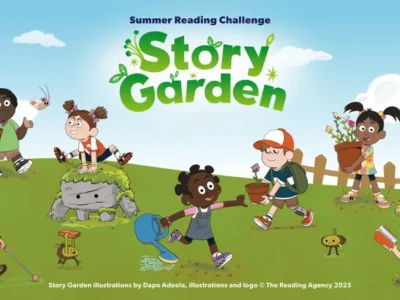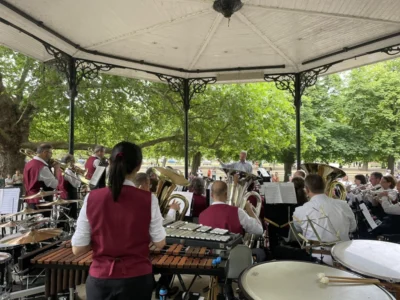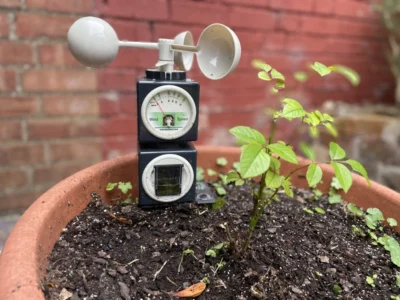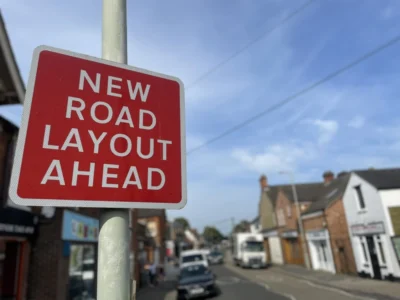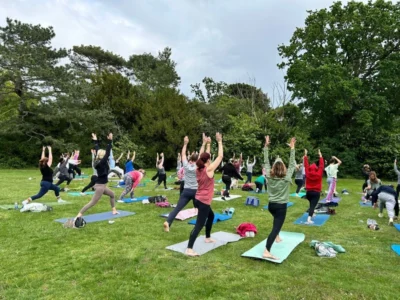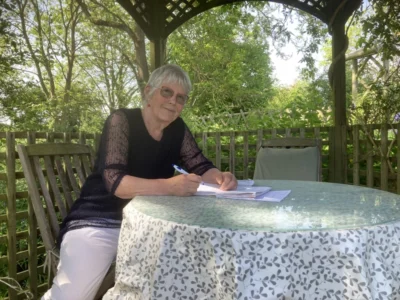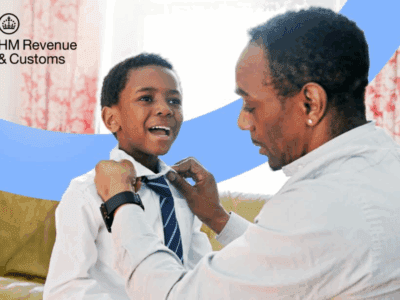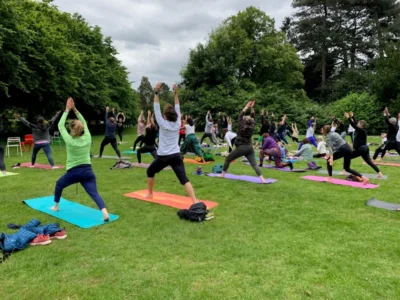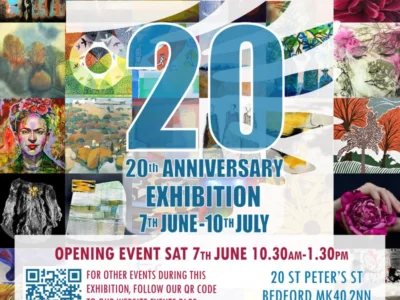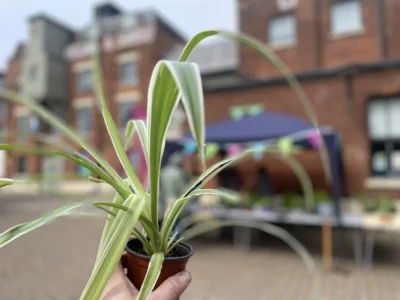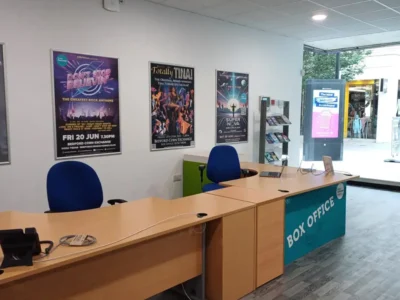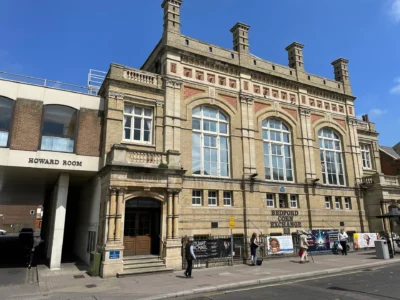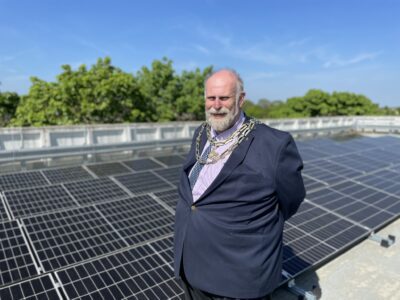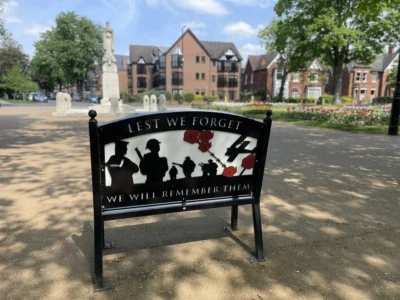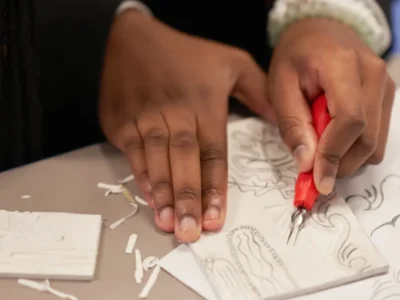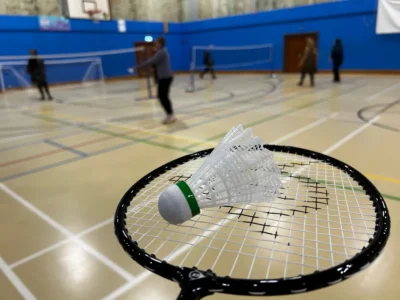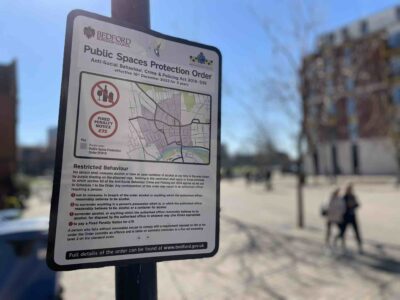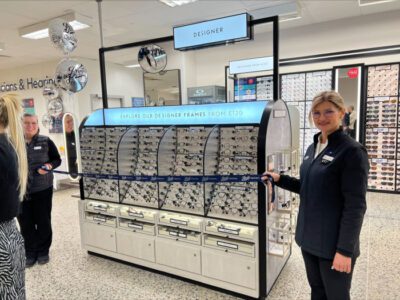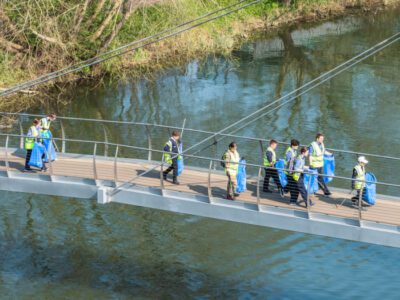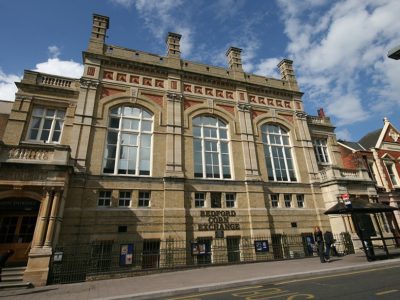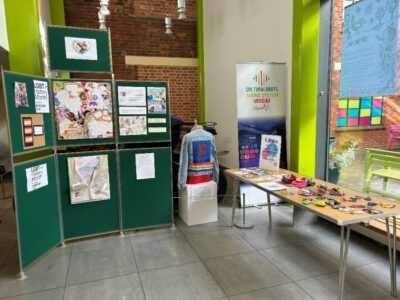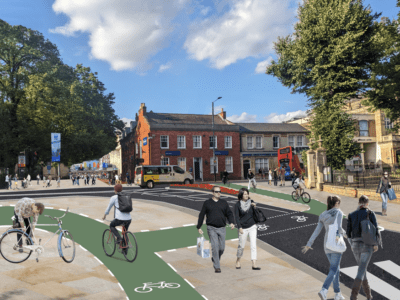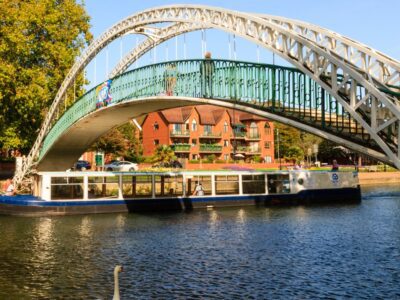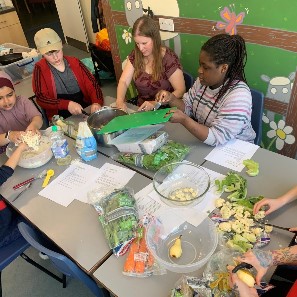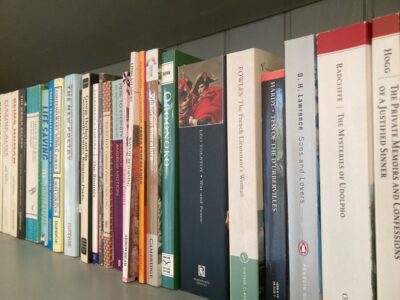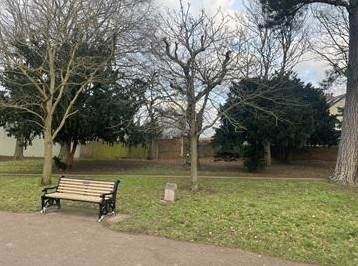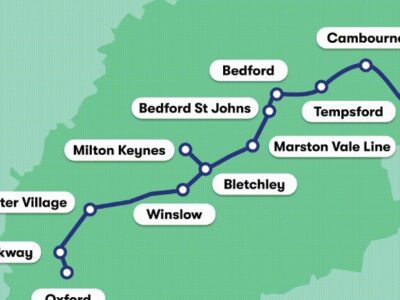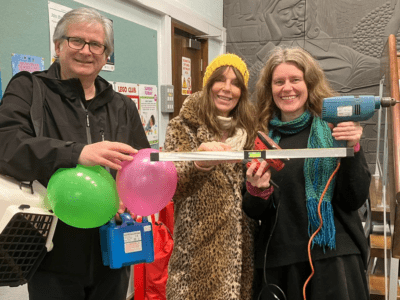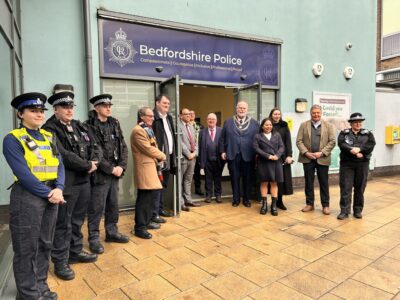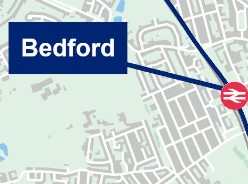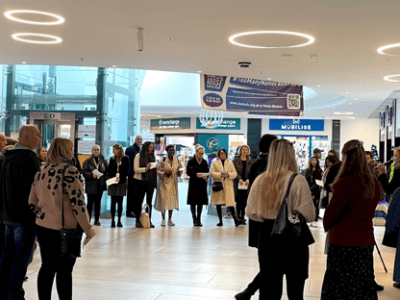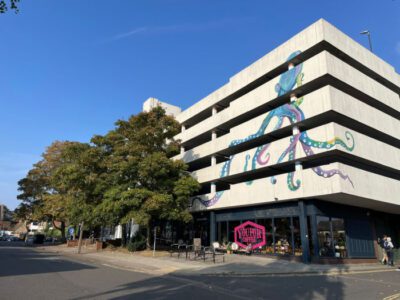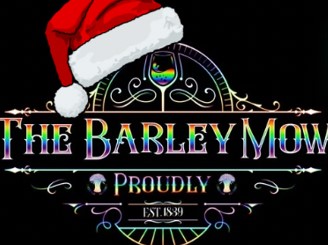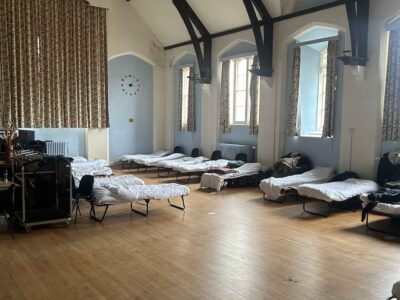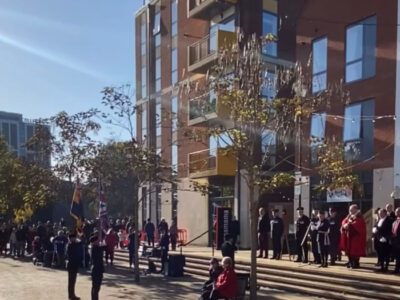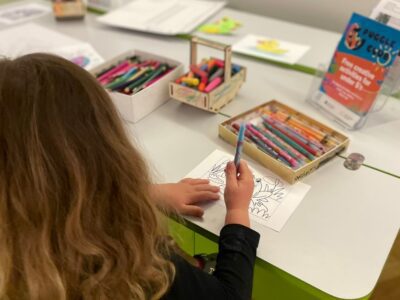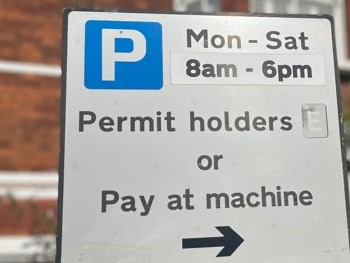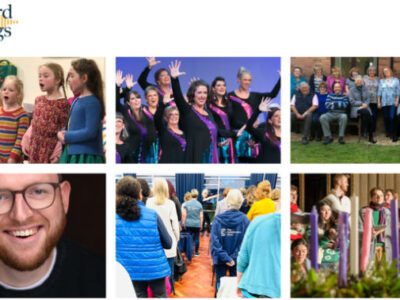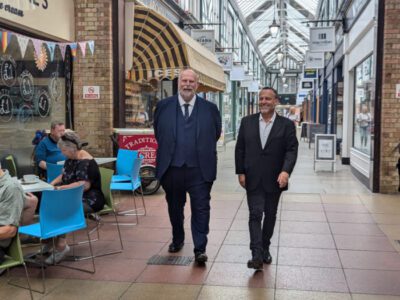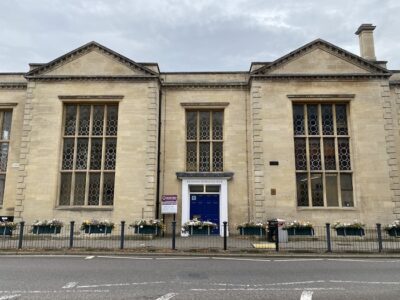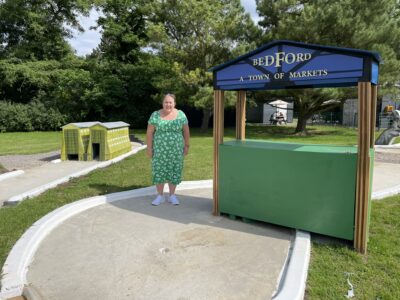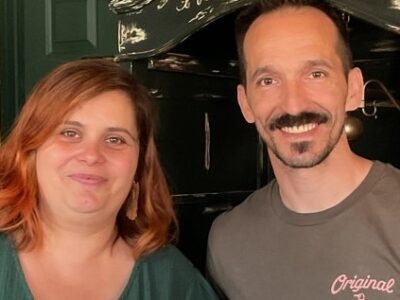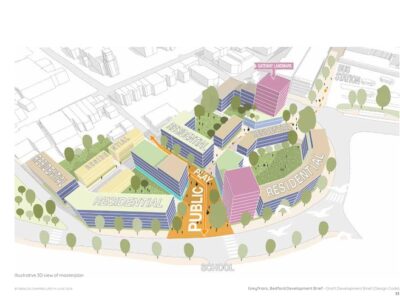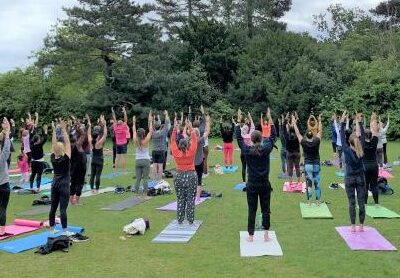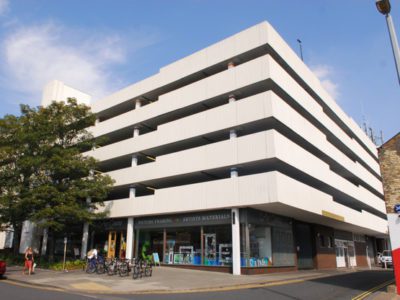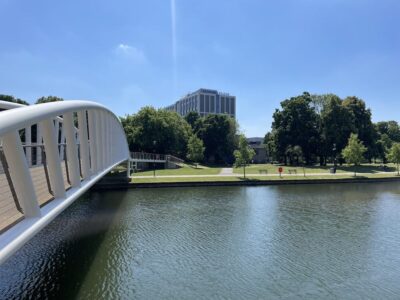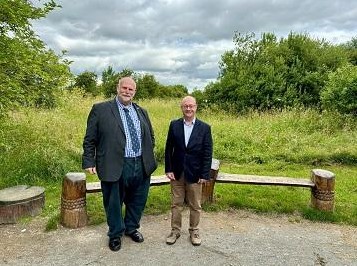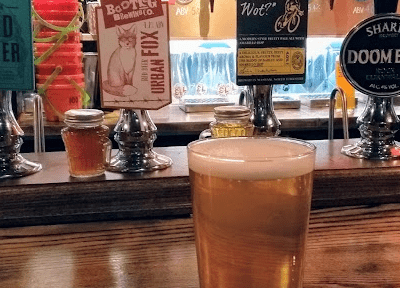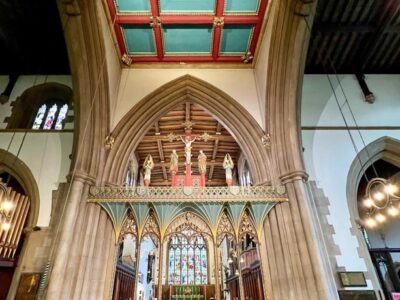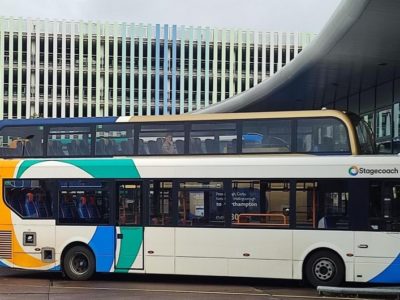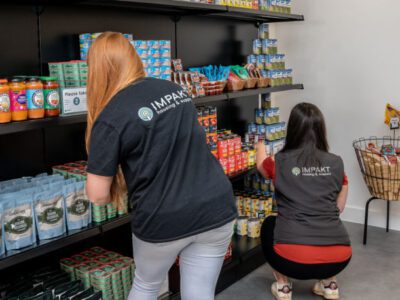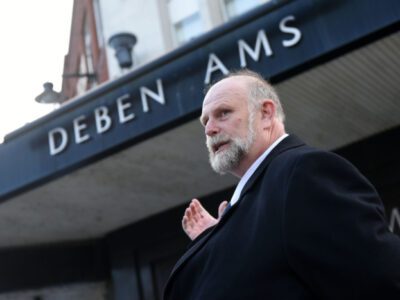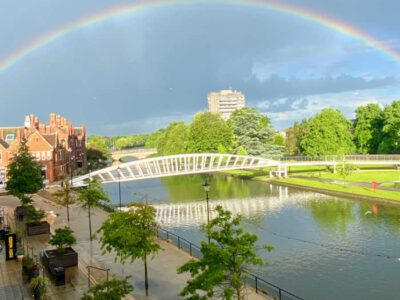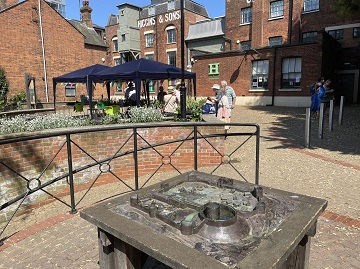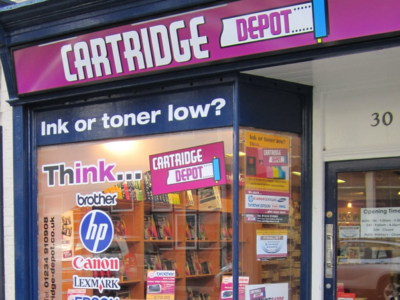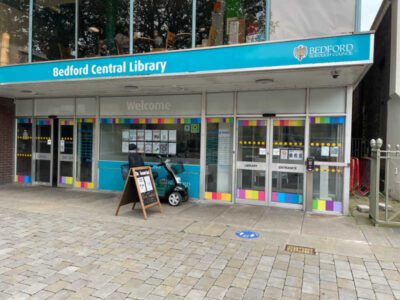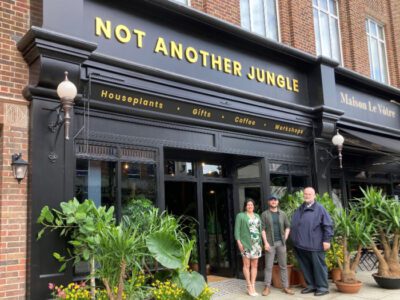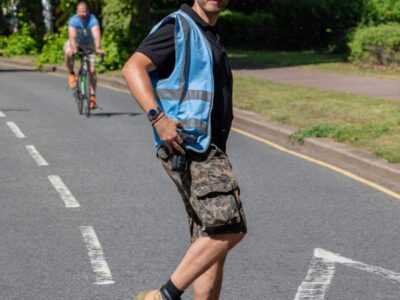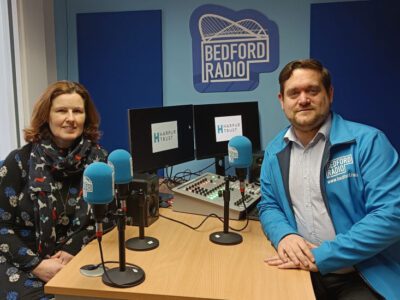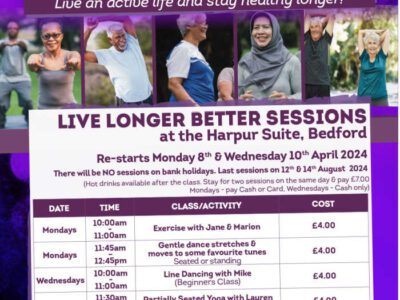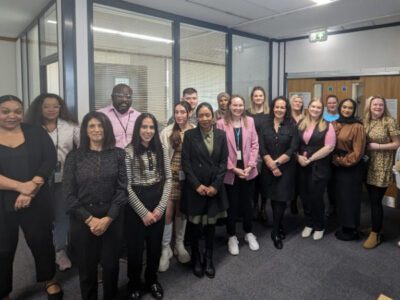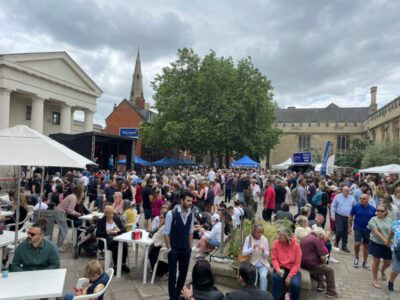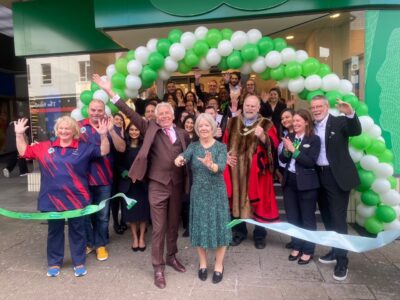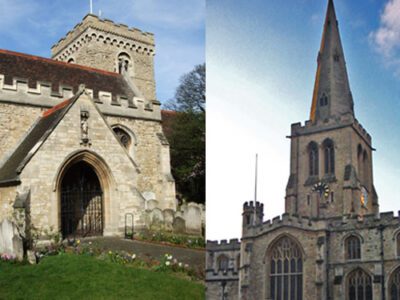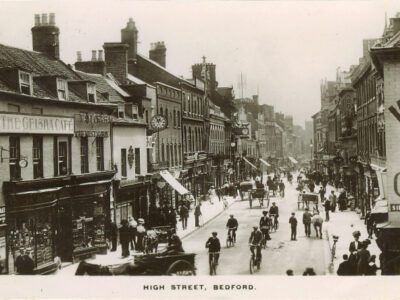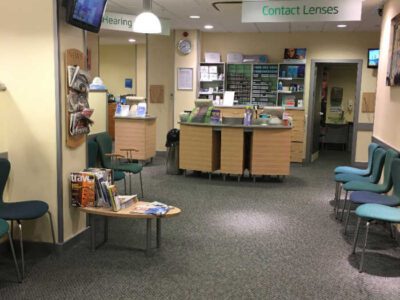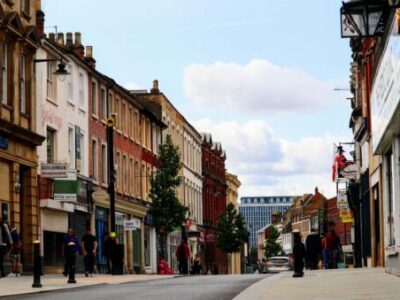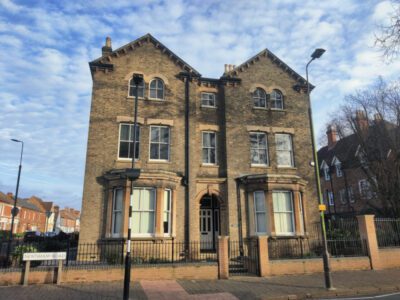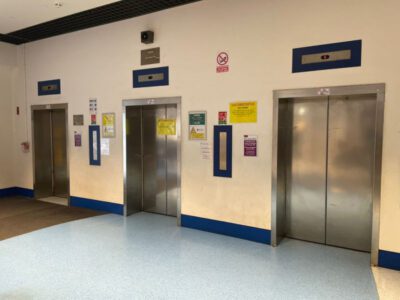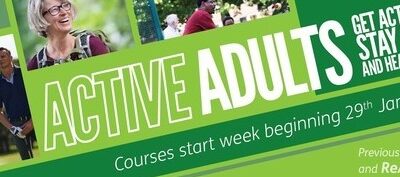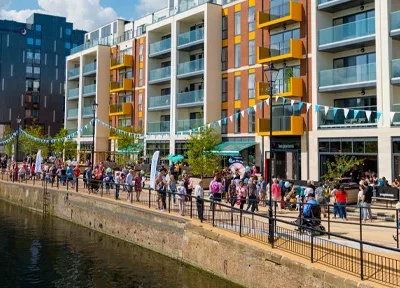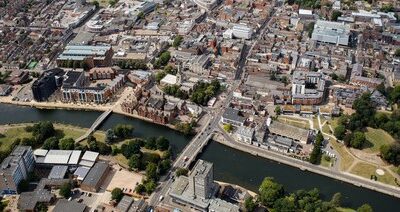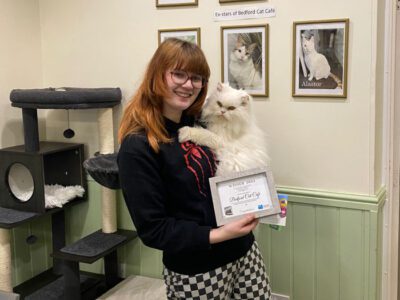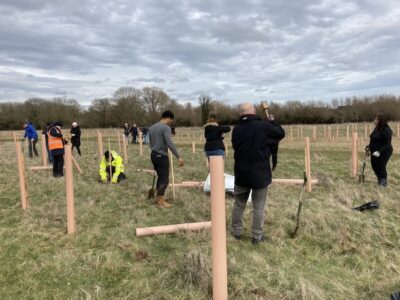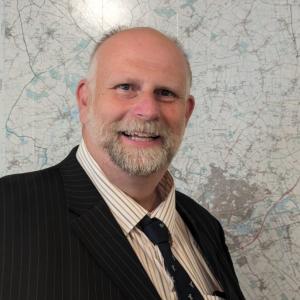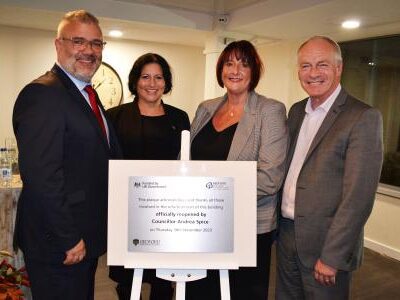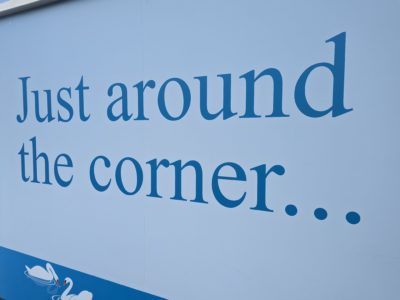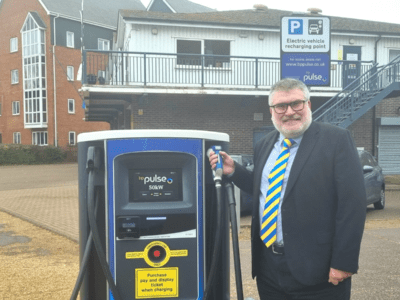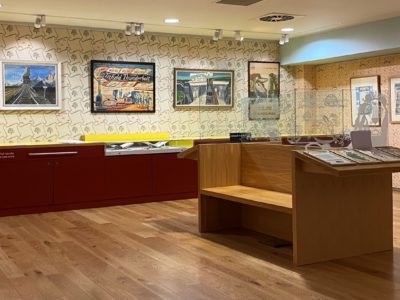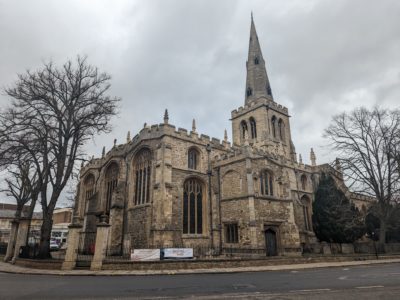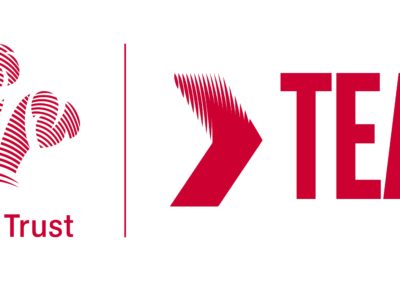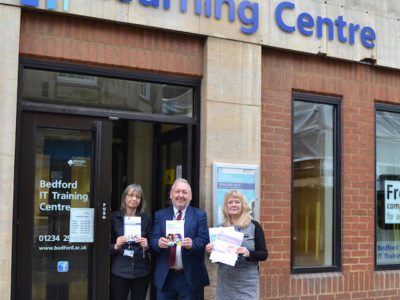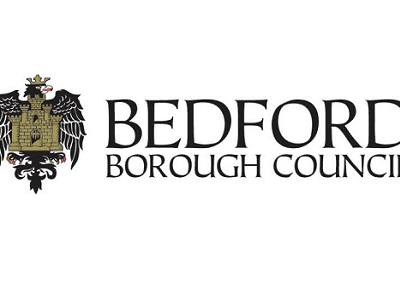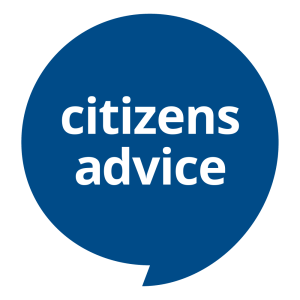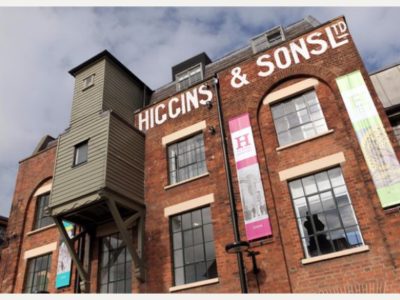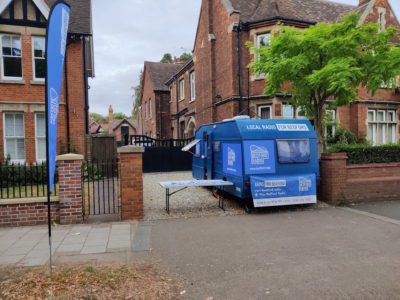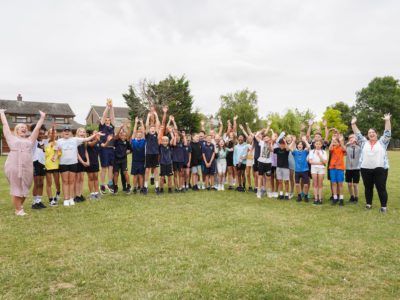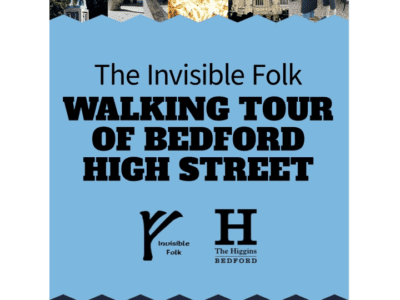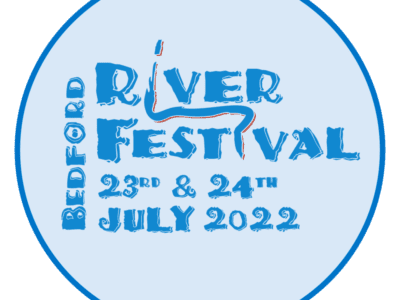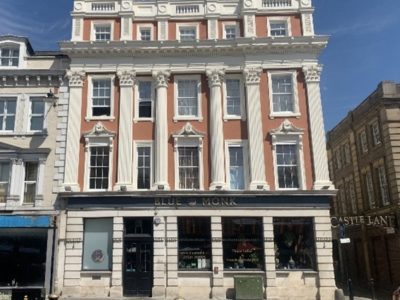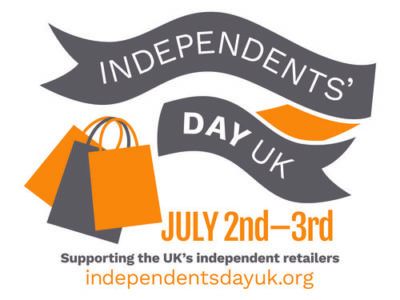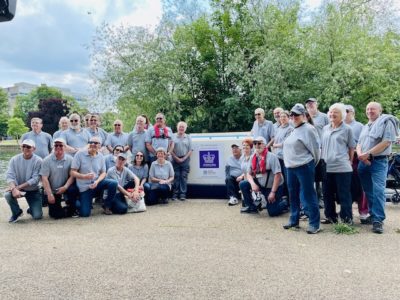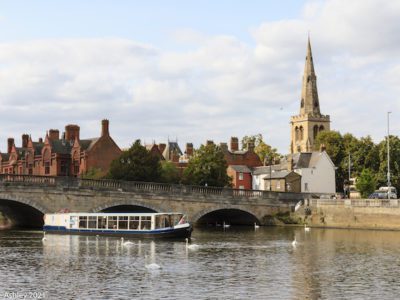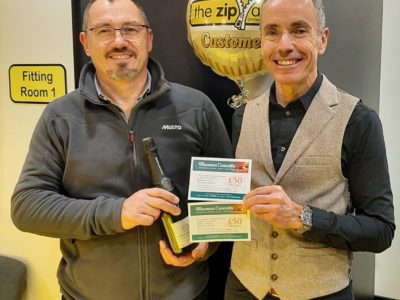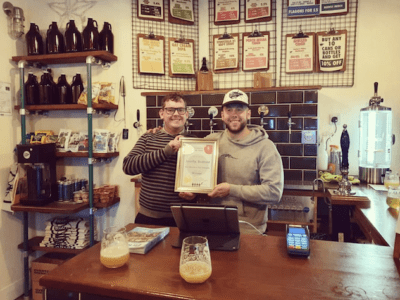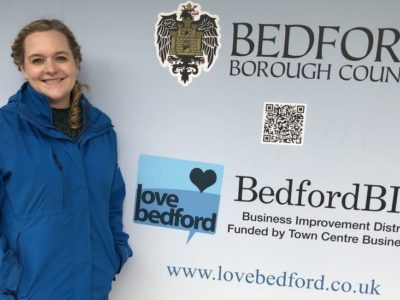Lesson 1: Build for SEO from day one
Most people do not type a web address into their browser. They type something into Google. For Love Bedford, that is usually searches like:
- “What’s on Bedford”
- “Events in Bedford”
- “Things to do in Bedford”
If we do not appear for those kinds of phrases, the rest of the work on the site is wasted. That is why we treated search as the starting point, not an extra.
In practice, that meant:
- Researching what people actually search for using keyword tools and our own analytics
- Grouping those searches into themes, such as “what’s on”, “events”, “food and drink”, “Christmas in Bedford”
- Building core pages and navigation around those themes
- Using internal links so Google can see how pages connect, for example between guides, events and business listings
- Being realistic about what we could rank for, and focusing on Bedford specific, local intent searches rather than broad national terms
Local SEO is not a one off job. It is a steady process of refining content, improving internal links and checking what you are actually showing up for. If you want extra help, it is worth talking to someone who understands SEO in Bedford and how local customers search.
Questions to ask yourself
- Which 5 to 10 search phrases would you most like to appear for in Google?
- Have you checked in Google Search Console which terms already bring people to your site?
- Are there niche or location based phrases, such as “Bedford” or specific areas, where you could realistically stand out?
- Do your main pages have clear titles and headings that match those searches?
Tools you can use
- Google Keyword Planner (free with a Google Ads account)
- Google Trends for seeing interest over time
- Google Search Console to see what you already rank for
- AnswerThePublic or AlsoAsked for question style searches
Lesson 2: Make user experience painfully obvious
Love Bedford serves lots of different people. Families planning a day out. Commuters looking for somewhere to eat. Visitors who have never been here before. Residents who know the streets well but want to see what is new.
They all arrive wanting slightly different things, but most of them want to do one of a few simple tasks.
- Check what is on today or this weekend
- Find somewhere to eat or drink near a familiar point in town
- Look up a specific shop, salon, bar or venue
The site is structured around those tasks. Navigation, search, filters and maps are all designed to help people get to relevant information in as few clicks as possible, on any device.
We did not guess. We used analytics and behaviour tools to see where people got stuck, which pages they left from, and which links they never used. That guided changes to labels, layouts and content.
Questions to ask yourself
- If a new visitor landed on your homepage, would they know what you do within five seconds?
- Is it always obvious how to contact you, buy, book or visit from any page?
- Have you watched real user sessions to see where people hesitate, scroll back or give up?
- Does your site feel clear and simple on a mobile screen, not just on a desktop?
Tools you can use
- Google Analytics to see top pages, exits and user paths
- Hotjar for heatmaps and session recordings
- Simple user testing by asking a friend or customer to complete a task while you watch
Lesson 3: Use a platform your team can actually update
The Love Bedford site is only useful because it keeps up with Bedford. New businesses open, events are added, campaigns come and go. If we had to ask a developer for every change, the site would quickly fall behind real life.
After weighing up options with a local Bedford web agency Dream Digital we chose a bespoke build on WordPress. The aim was to make everyday tasks simple for a non technical team:
Because the site was custom built rather than using an off the shelf theme, the editor screens only show the fields and options we actually need. That keeps things clean and makes it much more likely that content will stay fresh.
If you are reviewing your own site, it is worth looking at whether a flexible WordPress website or similar content management system like Payload could give your team the same freedom.
Lesson 4: Site speed is so important
Page speed is not just a technical metric. It is part of the first impression your site makes. If pages feel slow, people leave before they ever see what you offer.
Google research suggests that as page load time goes from one to three seconds, the probability of a visitor bouncing increases by around 32 percent, and as it goes from one to five seconds, that probability can rise by about 90 percent. In other words, every extra second counts.
On Love Bedford, we work to keep the site feeling fast, especially on mobile. That includes:
- Compressing and resizing images, particularly for event and campaign pages
- Removing or replacing heavy sliders, animations and scripts that do not add much value
- Using caching where it helps, so returning visitors load pages more quickly
- Keeping the custom build lean instead of layering lots of features onto a bloated template
A lighter, purpose built site will usually respond faster than a generic theme trying to cover every layout and feature. That has been an important part of how our platform performs day to day.
Questions to ask yourself
- Have you tested your homepage and key landing pages in PageSpeed Insights recently?
- Do your pages load in roughly three seconds or less on a normal mobile connection?
- Are there large images, video backgrounds or scripts that could be reduced or removed?
- Does your hosting match the size and traffic of your site, or is it holding you back?
Tools you can use
- Google PageSpeed Insights for performance scores and suggestions
- GTmetrix or WebPageTest for more detailed load breakdowns
- Image compression tools such as TinyPNG
Lesson 5: Think about a long term digital partner
Most small businesses simply cannot afford to outsource everything digital. But having a trusted partner you can turn to for certain aspects can save a lot of time and missed opportunities.
For Love Bedford, that has meant having the same local website agency on hand for more than ten years to help with bigger structural changes, technical issues, performance, and search strategy. That kind of continuity means they understand the site, the town and the people we are trying to reach.
Questions to ask yourself
- Which parts of your website can you realistically handle in house, and which would benefit from expert support?
- Do you know who you would call if your site went down or stopped sending enquiries tomorrow?
- Roughly how much revenue would you lose if customers could not find or contact you for a week?
- Would a small, regular budget for expert input reduce risk and give you more confidence in your digital presence?
None of these lessons are about chasing perfection. They are about making sure your website works hard for your business, is simple for real people to use and is bringing real value to your business.
